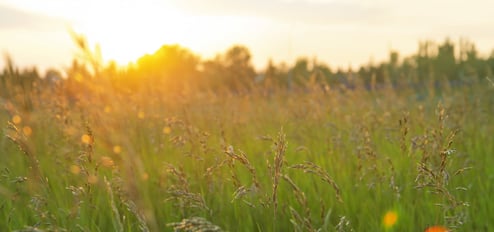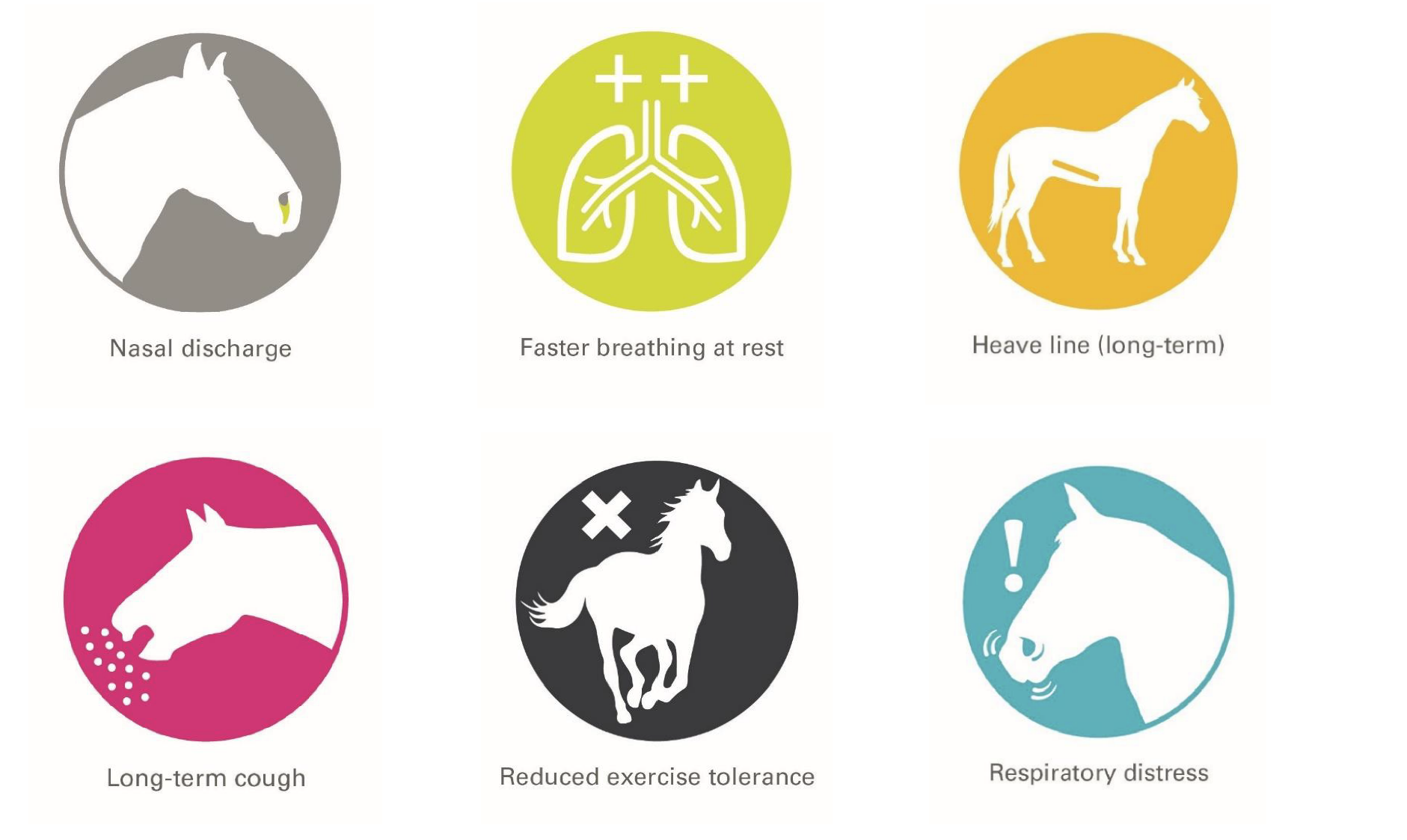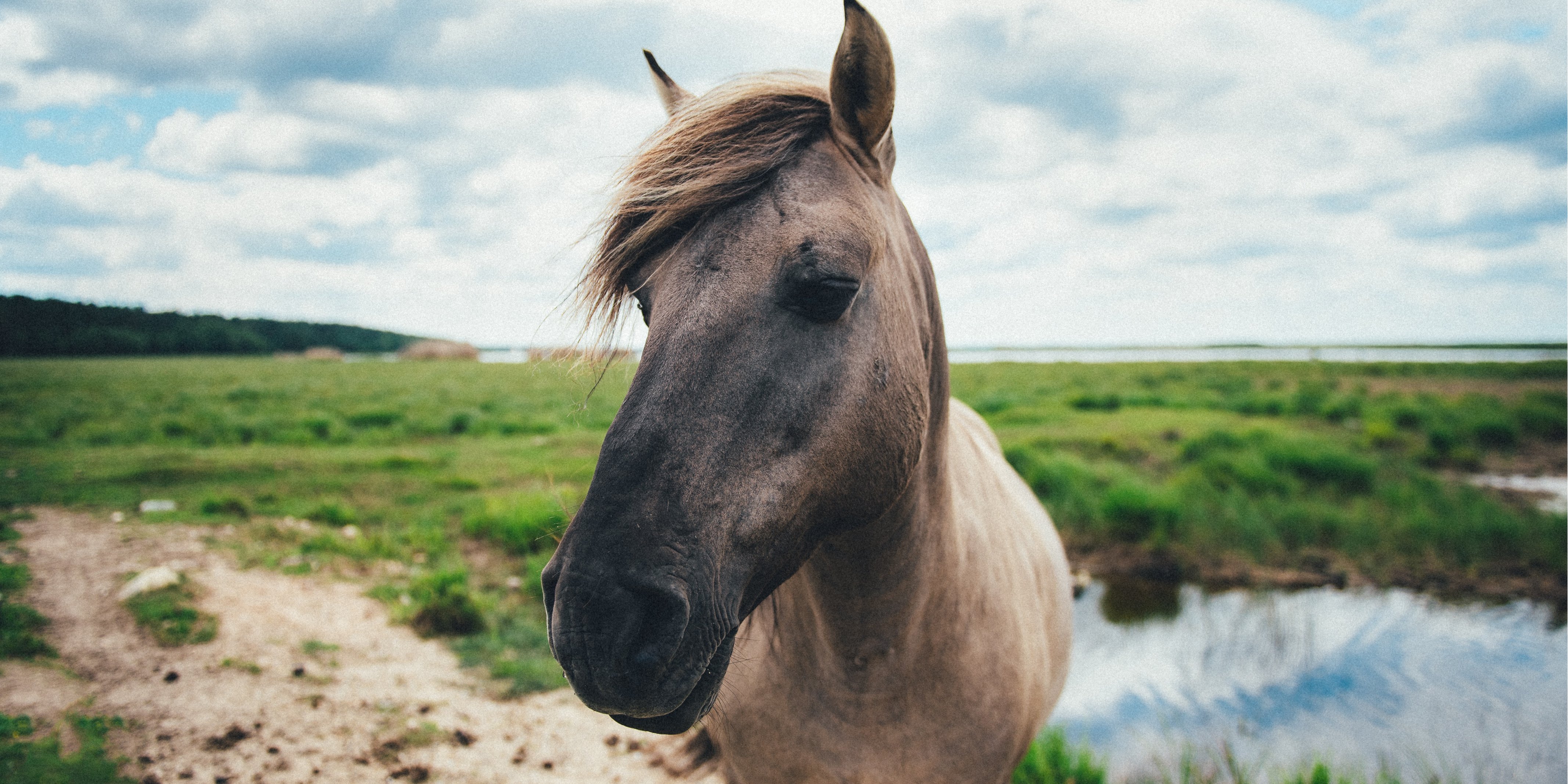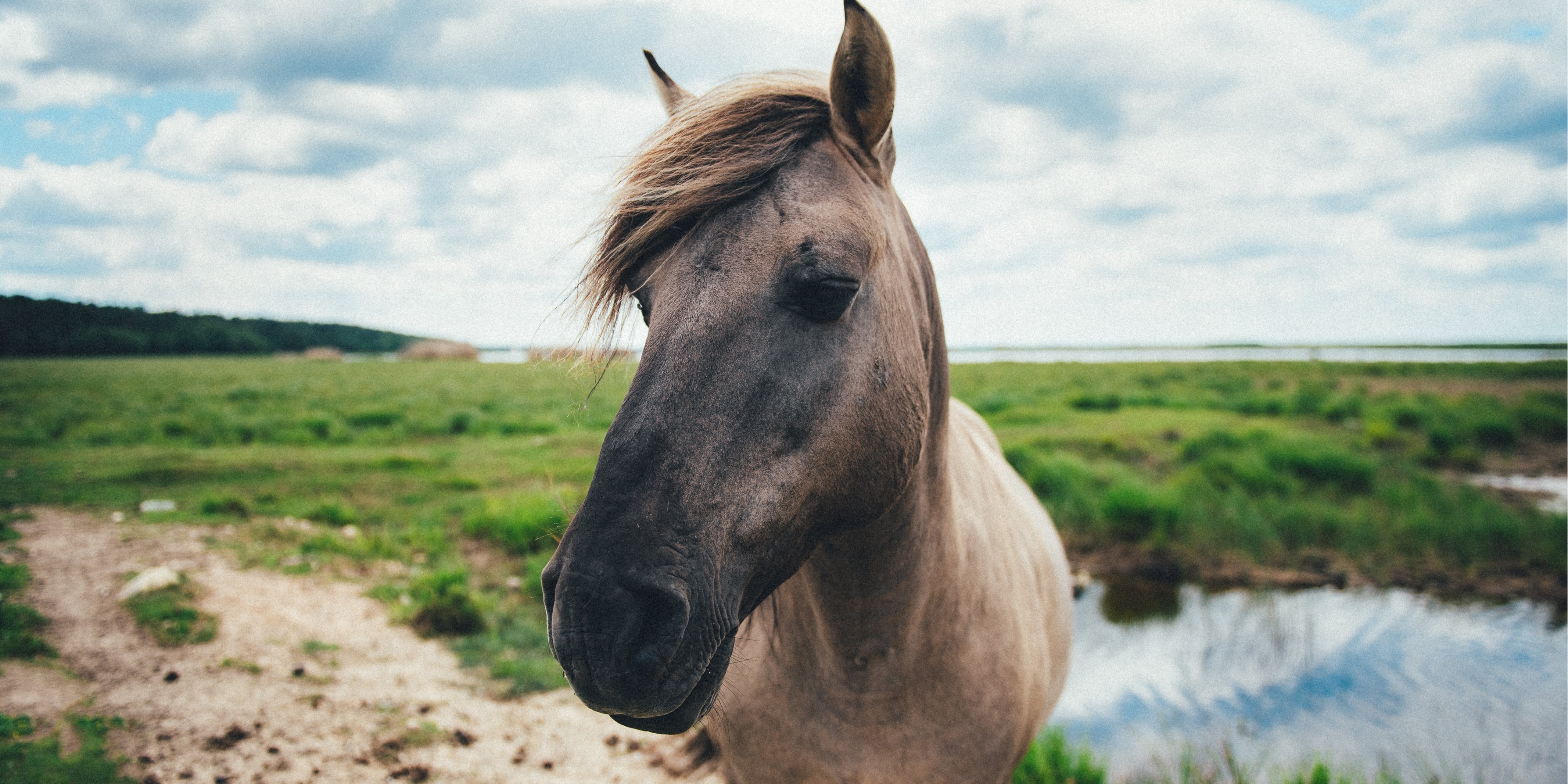During the summer months we all get annoyed by flies buzzing around us, or have the odd day when we can’t seem to stop sneezing. For some of us though, when bitten by a midge or mosquito the reaction is much more severe or we struggle without taking medication to control our hay fever symptoms.
Horses just like us can suffer from allergies. By the end of this first in a series of 3 short blogs looking at equine allergy, hopefully you will be more confident in recognising the symptoms of allergies in horses and be able to tell whether your horse is needing more help to cope.
What is an Allergy?
An allergy is when a normally harmless substance is identified by an allergic horse as a ‘threat’, resulting in their immune system producing an inappropriate response. This is known as an allergic reaction.

The substance the horse is allergic to is called an allergen. During the summer months common allergens include insect saliva (when they bite) and pollens (grass, tree and weed). Horses can be allergic to just one allergen, or more commonly a few different ones at the same time. When an allergic horse comes into contact with allergens it can lead to symptoms which can affect their skin and breathing.
Skin
Itching is the most sign of skin allergies in horses, which often leads to lots of secondary problems such as open sores and infections. Reaction to midge bites (sweet itch) is very common but allergies to other biting insects and pollens also frequently occur.
Breathing
Although equine asthma is more commonly seen in stabled horses (associated with indoor allergens), a pasture associated version also occurs. The airways become inflamed, and therefore narrower, in horses with asthma. This can result in respiratory noise. Alongside this there is an increase in mucus production causing the horse to cough as they try to clear it.

What do i do? If I think my horse has an allergy?
The common symptoms of both respiratory (breathing) and skin allergies can also be caused by many other conditions. The only way to diagnose an allergy is by speaking to your vet who may need to rule-out some other conditions first.
Once you have the diagnosis of allergy it’s important to try and work out what the triggers are for your horse. In the second and third parts of this series of blogs we will discuss why an allergy blood test can be beneficial, when is the best time to test and also provide some general guidance on the long-term management of these conditions.
 Sverige
Sverige

 Deutschland
Deutschland
 Global English
Global English
 France
France
 Nederland
Nederland

